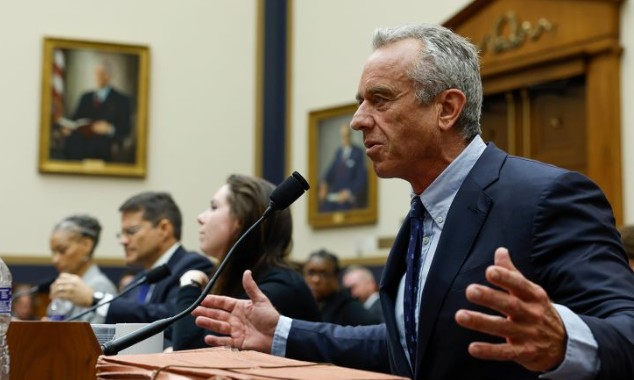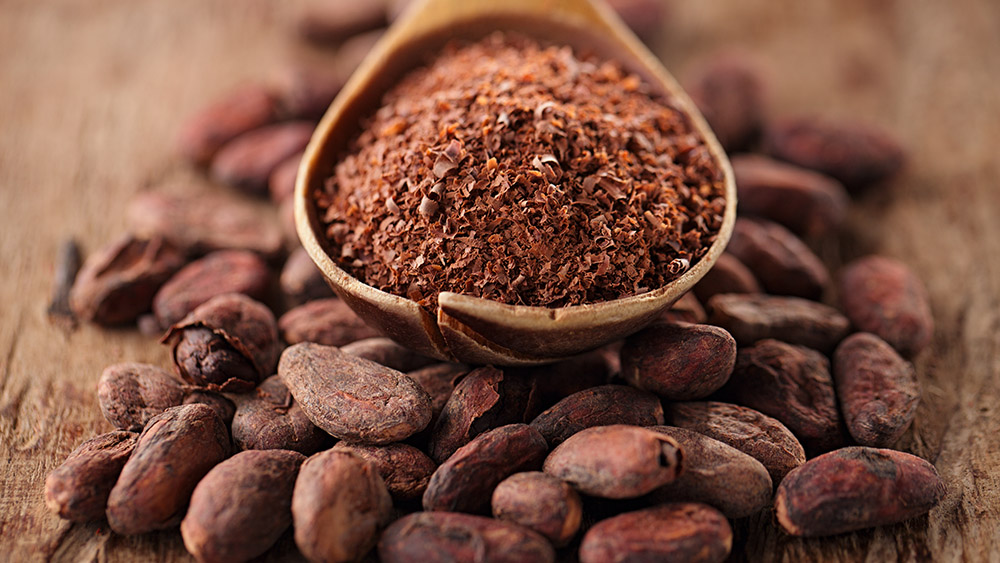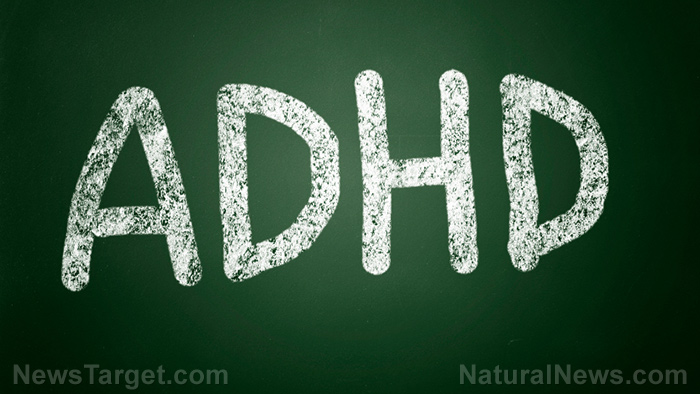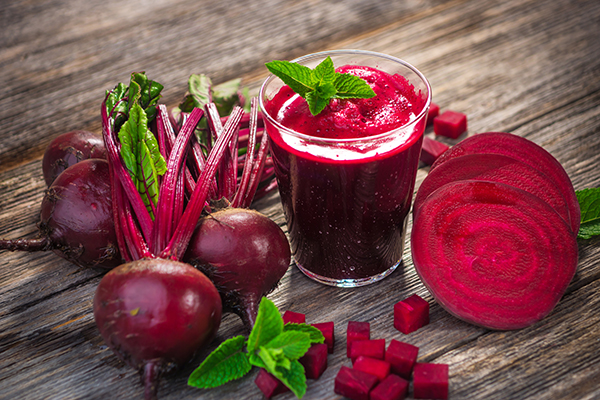This humble bacterium could rewrite the rules of dental health, preventing gum disease
09/04/2025 / By Lance D Johnson

For generations, Americans have been conditioned to believe that gum disease — a silent epidemic linked to heart disease, diabetes, and Alzheimer’s — can only be combated with fluoride-laced toothpastes, alcohol-based mouthwashes, and costly dental procedures. Yet peer-reviewed studies now suggest that Bifidobacterium lactis HN019, a naturally occurring probiotic, not only neutralizes harmful oral bacteria but also reduces gum inflammation and strengthens the body’s immune response — all without the side effects of pharmaceutical interventions.
Key points:
- A groundbreaking study proves that the probiotic Bifidobacterium lactis HN019 significantly reduces gingivitis, bleeding gums, and inflammatory markers — outperforming placebos in just eight weeks.
- Poor oral health isn’t just about cavities; it’s linked to Alzheimer’s, heart disease, and systemic inflammation, making probiotics a potential game-changer for whole-body wellness.
- Unlike pharmaceuticals, probiotics work with the body’s ecology, restoring balance rather than declaring chemical warfare on symptoms.
- The dental industry has long ignored natural alternatives, favoring lucrative treatments like deep cleanings and prescription mouthwashes — but the science is too compelling to dismiss.
The mouth: Ground zero for a health revolution
For most of us, oral care is a rote ritual: brush, floss, rinse, repeat. But what if this daily routine is missing a critical piece? The human mouth is a battlefield, home to over 700 species of bacteria, some friendly, some foe. When the bad guys — like Porphyromonas gingivalis — gain the upper hand, they trigger gingivitis, an inflammation of the gums that left unchecked can erode bone, destroy teeth, and even send bacterial toxins surging toward the brain. Traditional dentistry treats this like an invasion, deploying antibiotics, antimicrobial rinses, and mechanical scraping to wipe out the enemy. But this scorched-earth approach ignores a fundamental truth: Our bodies aren’t meant to be sterile. They’re ecosystems. And ecosystems thrive on balance.
Enter Bifidobacterium lactis HN019. In a randomized, double-blind, placebo-controlled trial — the gold standard of medical research — scientists gave 60 adults with gingivitis either a probiotic lozenge or a dummy pill twice daily for eight weeks. The results were stark. Those in the probiotic group didn’t just see less plaque (though they did). They experienced a dramatic reduction in gum bleeding, lower levels of inflammatory chemicals like IL-1?, and — most striking — nearly double the number of participants completely free of gingivitis compared to the placebo group. “This isn’t just a minor improvement,” says Dr. Mario Taba Júnior, one of the study’s authors. “We’re talking about a shift in the oral microbiome that reduces damage to the gum tissue and could have long-term benefits for systemic health.”
That last part is crucial. Because gingivitis isn’t just about bad breath or sensitive gums. It’s a smoldering fire that, if left untended, can ignite far more destructive blaze. Studies link chronic gum inflammation to Alzheimer’s disease, with bacteria like P. gingivalis found in the brains of dementia patients. Other research ties poor oral health to heart disease, diabetes, and even complications in pregnancy. “The mouth is the gateway to the body,” explains Dr. Flávia Furlaneto, a co-researcher on the probiotic study. “When we improve oral health, we’re not just saving teeth — we’re protecting the entire system.”
Why your dentist hasn’t told you about this (and why that’s a problem)
If probiotics are this effective, why aren’t they a staple of dental care? The answer lies in a familiar story: the clash between natural medicine and an industry built on patents, procedures, and repeat customers. Dentistry, like much of modern medicine, operates on a fee-for-service model. The more problems you have, the more treatments you need — and the more money changes hands. A tube of probiotic lozenges, even at premium prices, is a one-time purchase. A lifetime of deep cleanings, fillings, and periodontal surgeries? That’s a retirement plan.
In the early 20th century, dental associations waged war against “quack” remedies, positioning themselves as the sole arbiters of oral health. By the 1950s, fluoride — once an industrial waste product — became the cornerstone of cavity prevention, despite concerns about its toxicity. Today, the American Dental Association (ADA) still gives its seal of approval to mouthwashes containing alcohol (a known carcinogen) and triclosan (a hormone disruptor banned in soaps by the FDA). Meanwhile, probiotics — backed by reams of peer-reviewed research — remain in the “alternative” bin, mentioned only in passing, if at all.
In contrast, a 2024 systematic review of 21 studies found that probiotics consistently improved outcomes in both gingivitis and periodontitis, the more severe form of gum disease. An earlier study, published in Swedish Dental Journal, showed that Lactobacillus reuteri — another probiotic strain — effectively reduced gum bleeding and plaque in patients with moderate to severe gingivitis.
The probiotic revolution in dental health isn’t happening in a vacuum. It’s part of a larger reckoning with the human microbiome, the trillions of bacteria, viruses, and fungi that call our bodies home. For decades, Western medicine treated these microbes as enemies, bombing them with antibiotics and antiseptics. But as research deepens, we’re learning that these tiny organisms are more like old friends — essential to digestion, immunity, even mental health. Destroy them indiscriminately, and we pay the price: obesity, autoimmune diseases, depression, and yes, gum disease.
Sources include:
Submit a correction >>
Tagged Under:
bacterial balance, dental care, dental industry, dental research, gingivitis, gum disease, gut health, health freedom, holistic health, immune support, inflammation, microbiome, natural medicine, oral health, oral microbiome, periodontal disease, preventive care, probiotic strains, probiotics, research, systemic health
This article may contain statements that reflect the opinion of the author





















